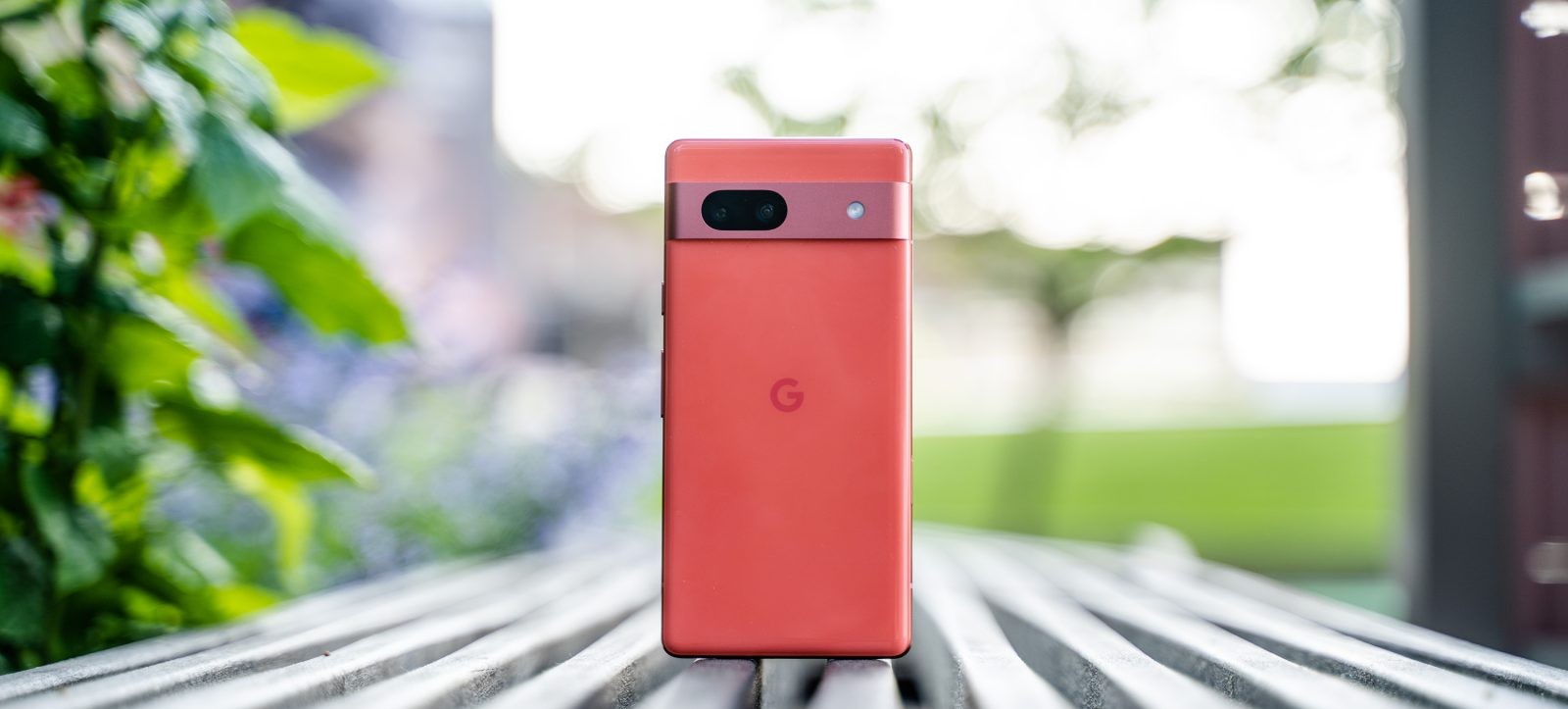In a significant legal development, Google’s Pixel 7 and Pixel 7 Pro smartphones have been prohibited from sale in Japan following a Tokyo District Court ruling. The court determined that these devices infringe upon a patented 4G LTE communication technology owned by South Korean company Pantech. This decision not only halts the sale of these models but also restricts their importation, advertisement, and public display within Japan.
Background of the Patent Dispute
The core of this legal conflict lies in a specific control signal mapping technology essential for 4G LTE networks. This technology facilitates the transmission of acknowledgment signals (ACK) between base stations and mobile terminals, ensuring stable data communication. Pantech, despite having suspended its smartphone manufacturing operations, retains a portfolio of active standard-essential patents (SEPs). The company alleges that Google incorporated this patented technology into the Pixel 7 series without obtaining the necessary licensing agreements.
Court’s Rationale and Implications
The Tokyo District Court criticized Google’s approach to the dispute, describing it as insincere, which contributed to the stringent ruling. Consequently, Google is now legally barred from selling, displaying, transferring, or importing the Pixel 7 series in Japan. This ruling underscores the Japanese judiciary’s commitment to enforcing intellectual property rights, even when the patent holder is no longer active in the product market.
Potential Expansion of the Ban
Pantech is actively seeking to extend this sales ban to include Google’s subsequent models, the Pixel 8 and Pixel 9 series. While the outcome of these efforts remains uncertain, a successful extension could significantly impact Google’s operations in Japan. Given that Japan has emerged as a pivotal market for Google’s Pixel devices, such developments could have far-reaching consequences.
Google Pixel’s Market Trajectory in Japan
Japan has become a crucial market for Google’s Pixel smartphones. In the first quarter of 2023, Google achieved a 9% market share in Japan, surpassing local brands like Sharp and Sony to become the second-largest smartphone brand in the country. This growth was largely driven by the popularity of the Pixel 7 series and the mid-range Pixel 7a, which offered competitive pricing and advanced features appealing to Japanese consumers.
The Pixel 7a, in particular, saw a 74% increase in sales during its initial three weeks compared to its predecessor. This surge was attributed to its upgraded Tensor G2 processor, enhanced camera capabilities, and expanded availability through all three major Japanese carriers—SoftBank, AU, and DOCOMO. The device’s specifications, comparable to flagship models but at a more affordable price point, resonated well in a market that favors smaller screen sizes and cost-effectiveness.
Impact on Competitors
The rise of Google’s Pixel series in Japan has had a notable impact on competitors. Apple’s iPhone, which traditionally dominated the Japanese market, saw its share decline from 58% in Q2 2021 to 46% in Q2 2023. This shift indicates a growing preference among Japanese consumers for alternative brands offering competitive features and pricing.
Similarly, Sony’s Xperia smartphone business has faced challenges due to the Pixel’s success. In 2023, Xperia sales in Japan dropped by 40%, raising questions about the viability of Sony’s smartphone division. The increasing popularity of Pixel devices, coupled with the withdrawal of several local brands from the market, has reshaped the competitive landscape in Japan.
Broader Implications for the Tech Industry
This case highlights a growing trend where companies with dormant or inactive product lines leverage their patent portfolios to generate revenue. Pantech’s enforcement of its SEPs against a major player like Google underscores the complexities of intellectual property rights in the tech industry. Standard-essential patents, which cover fundamental technologies necessary for industry standards, are typically expected to be licensed under fair, reasonable, and non-discriminatory (FRAND) terms. However, disputes over licensing agreements can lead to significant legal battles and market disruptions.
Future Outlook
The immediate ban on the Pixel 7 series in Japan may not drastically affect Google’s overall sales, but the potential extension to newer models poses a substantial risk. Japan’s strategic importance to Google’s hardware division means that prolonged legal challenges could hinder the company’s growth and market penetration efforts.
To navigate this situation, Google may need to engage in negotiations with Pantech to secure appropriate licensing agreements or consider design modifications to circumvent the patented technology. Additionally, this case serves as a cautionary tale for other tech companies about the importance of thorough due diligence in patent licensing to avoid similar disputes.
Conclusion
The ban on Google’s Pixel 7 series in Japan, resulting from a patent infringement ruling, marks a significant development in the intersection of technology and intellectual property law. As the situation unfolds, it will be crucial for Google to address these legal challenges proactively to maintain its foothold in the Japanese market. This case also underscores the broader implications of patent enforcement strategies and the need for companies to navigate the complex landscape of intellectual property rights diligently.



